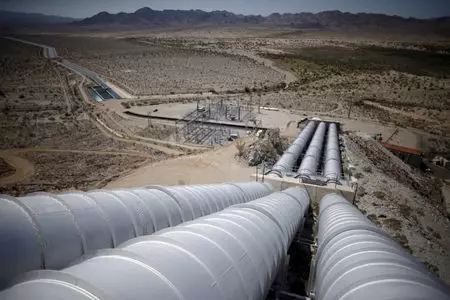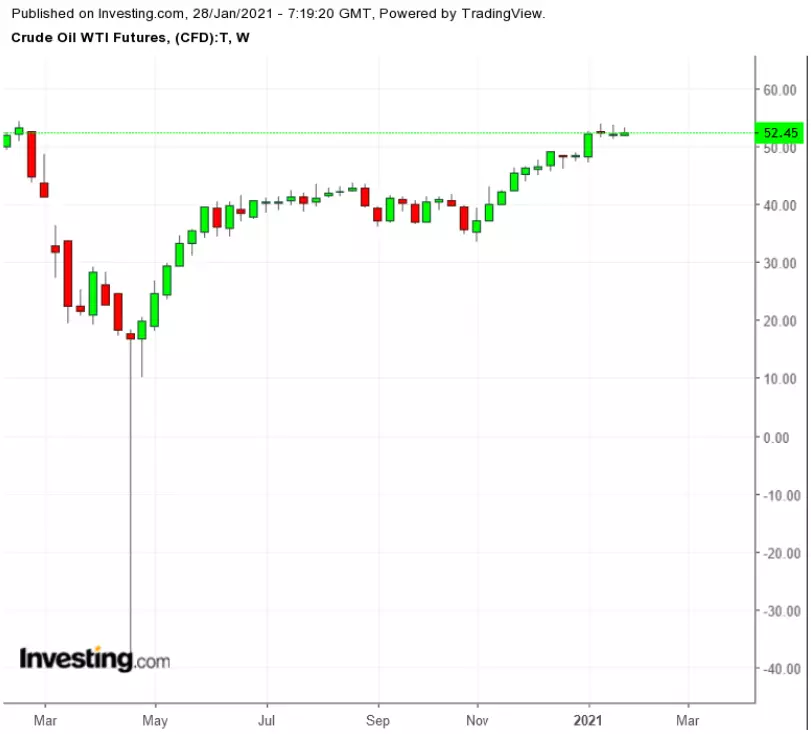
On Wednesday, the Biden administration issued an order that prescribes the Minister of Internal Affairs to suspend the development of oil and gas fields in public lands and in coastal waters and revise the existing methods for issuing permits and rental rights. This means that indefinitely the federal government will not allow new projects for the extraction of oil and natural gas on federal lands and in federal waters. (Later, indigenous Americans and their land were excluded from the order.)
Undoubtedly, this order will lead to a limitation of the production of this raw material in the United States, which will increase its price. The question is how quickly this order will begin to influence oil prices.

The assessment complicates the global demand for oil and economic consequences of strict isolation.
In recent days, I talked with several people who occupy various positions in the oil and gas industry to try to find out what to expect from this order in the sense of prices. I came to the conclusion that no one knows, and only a few try to predict when prices begin to rise.
Now, according to the American Oil Institute, about 22% of oil and 12% of natural gas is mined at federal lands and federal waters. Biden's order applies only to new rental rights of these territories. It is expected that new orders will be published about the already existing rental rights of the lease. The United States will not notice the decline in production due to a new policy until more oil and gas is required, and therefore increase production.
When will it happen? Nobody knows exactly.
And although the date, when this order begins to influence the amounts of supplies to the United States, has not yet been determined, traders should monitor the following signs.
Art Berman, a geologist and consultant from www.artberman.com, says that, in his opinion, regardless of the order of Byyden, "oil production in the United States may decrease to 9 million barrels per day (or even less) to The end of 2021 due to low activity in the field of drilling. " He believes that "further drilling restrictions will only worsen the situation." (For reference: According to the US energy information management, the United States produced 10.9 million barrels per day).
On the other hand, an expert on energy markets, Anas Alhaji says that the oil industry was prepared for such an orders, and that "a lot of permits had accumulated during the preparation process." However, he believes that:
"A full ban on drilling on federal land and in the Gulf of Mexico will not affect production in the United States in 2021."
In accordance with his research, the impact on production in 48 continental states will be limited, and "no recession will not be observed until 2023, and the mining decline in the Gulf of Mexico will be noticeable. If the ban on new drilling in coastal waters will last (what he doubts), then:
"In the future, more influence will have a sharp drop in production in the Mexican Gulf, and not in the continental states, simply because these volumes will not be replaced."
The most important factor affecting the price of oil right now is the global demand for it, which depends on when economic restrictions are removed. However, assuming that at some point the demand returns to its former values, the Bayden policy as a result may be an obstacle to the proposal from American manufacturers.
Let in a year or later, but this decree - and others that may be published later - will be important for traders.
Read Original Articles on: Investing.com
